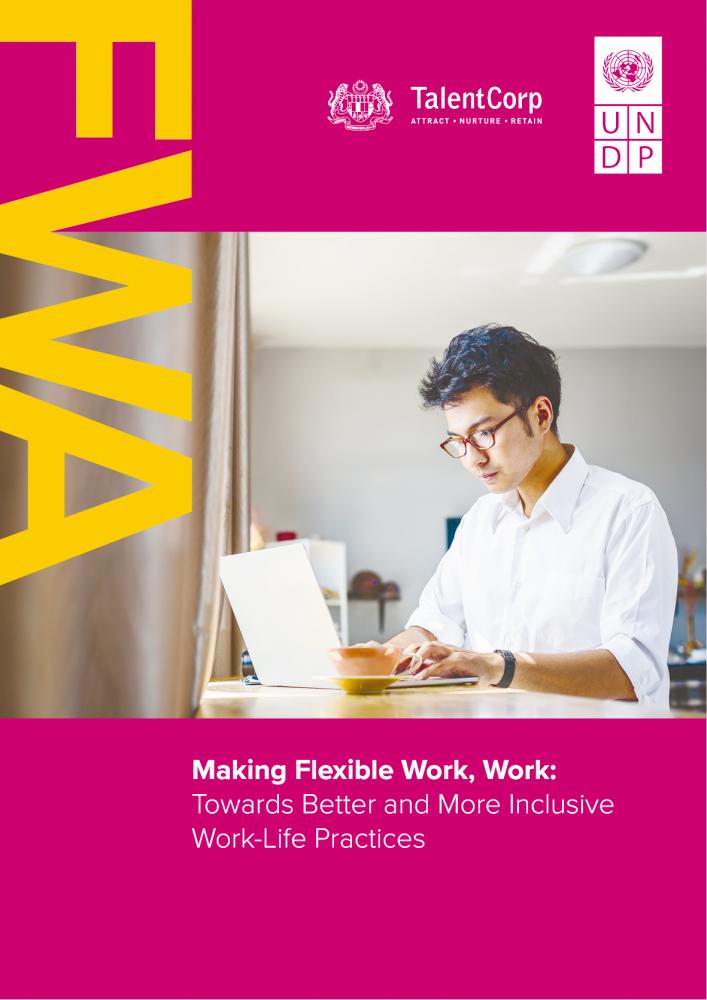PETALING JAYA: Employers who embrace flexible work arrangements (FWAs) see improvements in productivity and quality of life of their employees, according to a joint assessment by Talent Corporation Malaysia (TalentCorp) and United Nations Development Programme (UNDP) Malaysia.
The TalentCorp-UNDP report, “Making Flexible Work, Work: Towards Better and More Inclusive Work-Life Practices”, launched today, is a timely assessment of FWAs that result in a healthy and engaged workforce, despite disruptions caused by the Covid-19 pandemic.
The report compiles critical findings and highlights key lessons derived from the Life at Work and Work from Home (WFH) surveys by both organisations to support the successful implementation of Work-Life Practices and FWAs in Malaysia.
It noted that many employers and employees have adopted a WFH hybrid model where employees work from home on a rotational basis. Successful adoptees have implemented eight key lessons on FWAs/WFH arrangements, including:
For employers:
1. Shift to trust-based working time or results-oriented arrangement.
2. Ensure top-down buy-in and support for FWAs at all levels; management to adopt mindset that values flexibility, and clearly articulate FWAs values to employees.
3. Ensure inclusivity in FWAs design and implementation; prioritise employees with clear needs for FWAs (for example, working mothers), and make FWAs available to all employees.
4. Most importantly, employers need to ensure clear and well-thought-out policies that includes providing technical support, material support, clear guidelines and expectations.
For employees:
5. Take initiative to reciprocate FWAs with fair share of ownership; demonstrate commitment and productivity.
6. Have accountability – focus on outputs and outcomes, and manage their work time and priorities.
7. Ensure constant communication and constructive dialogue with supervisors and co-workers to find workable solutions. Employees with children at home need to apply ground rules to reduce distractions.
8. The report also emphasises the need for employees to be familiar with employer policies on FWAs. They need to ensure accountability, but also set limits that help maintain boundaries between work and non-work spheres.
Human Resources Minister Datuk Seri M Saravanan said the publication serves as a roadmap for Malaysian employers on ways to take the lead in preparing their workforce for the future of work.
TalentCorp group CEO Thomas Mathew said the organisation continues to amplify its collaborations with the public and private sectors to support the government in uplifting the well-being of Malaysians via Diversity and Inclusion initiatives.
UNDP Malaysia, Singapore and Brunei Darussalam resident representative Niloy Banerjee said the Covid-19 pandemic had swung the spotlight onto some fundamental issues about remote working, flexible working arrangements, office configurations, and cost calculations associated with workspace infrastructure.
“A virus that nearly brought all work to a grinding halt, has also offered up that moment in time to reflect and effect a step-change in the evolution of working arrangements. We welcome this important conversation. And this is our initial contribution to that relevant and timely conversation that the Malaysian government, the private sector, and the wider rakyat are undertaking,” he said.













